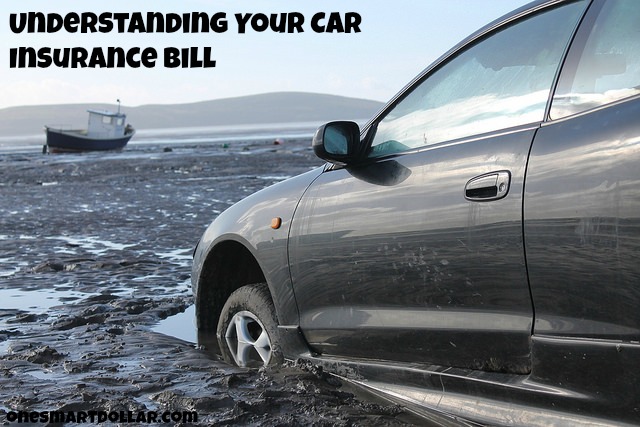
Anyone who has ever had to pay a car insurance bill before (which should be every single driver out there) can fully understand just how much car insurance can cost. However, if you’ve always been less than pleased with what you’re paying for car insurance, have you ever stopped to actually inspect the bill? All too often we accept the prices we pay for things, even if we’re not satisfied with their costs.
Below we’re going to look at some basic but essential details to understanding your car insurance bill.
Premium Fees and Deductibles
At the core, car insurance involves paying a premium to your insurance company, and, in the event of a loss, they will protect you financially per the contract. This is not only the most basic cost, but it is the only true cost of having insurance. Whether you choose the highest limits with bells and whistles or you decide to minimize your coverage, it’s all correlated to what your premium payment will be.
In general, premiums make the whole market work. The insurance company doesn’t just bank your premiums and give you back what you put in if an incident occurs. The company agrees to pay out the cost of your claim up to your limit. Premiums from all of the drivers are pooled, and then those premiums are used to pay expenses, including claims. This isn’t a bad thing at all if you think about it. You could conceivably only make your first payment, and then suffer a total loss immediately after. In other words, you put down a hundred dollars and the insurance company turns around and pays out twenty or thirty thousand just like that. That’s why it’s so important to know what you are paying. Check out companies like Coverhound, which help uncover average car insurance rates so you know what a good deal looks like.
Billing in Installments or Up Front
If you remember what billing fees are like for every other utility, service, or subscription type of product, then this one isn’t too hard. After you have accounted for paying your premiums, you need to think about the billing process as well. Writing a check every month means that someone in a billing department somewhere has to physically open your mail, deposit your check, and enter your payment details. Billing can be a nightmare that many insurance companies don’t want to have to pay. Especially when you consider the overhead that billing costs them (employees’ desks, cubicles, computers, licenses, benefits, etc. – all in addition to their salary), they can save a lot of money by automating the process. That’s why you could potentially save a significant amount off of your bill if you either space your bills out more often, or automate the whole thing electronically.
Also, if you consider the savings that some people will switch for, the ability to simply amend your payment plan and save hundreds a year on installment fees, stamps, envelopes, and even late fees can all add up to some pretty significant savings. This is all before you consider the time of physically mailing out a bill and having to write the checks every couple of weeks.
Increases in Premium (Inflation)
Another thing to always note is the increase in potential premium of your bill. Increases in premium can happen for many reasons, according to Esurance, and it is extremely important to think about all of them instead of just trying to switch your insurance at every turn. People not only have claims that can cause their rates to go up, but the general population on average can have too many claims. Remember that an insurance company is a business, and in addition to having enough money to pay out claims, they also need to pay for their marketing, salaries, fixed costs, and corporate taxes among other things.
It is important to think about increases not just something that is unfair, but rather you need to consider how inflation works and remember that other goods go up over time as well.
While no one is expecting you to like paying your bill for car insurance, you need to remember that it is a tool and even an asset to protect you. You never want to have a claim or have to use your insurance for any reason at all, but the truth is claims do happen and they happen more frequently than you would like to believe. At the end of the day, you need to consider exactly what you are receiving for your payment and also feel confident that the insurance company you choose will be there for you when you need them most.
